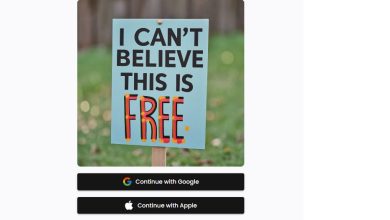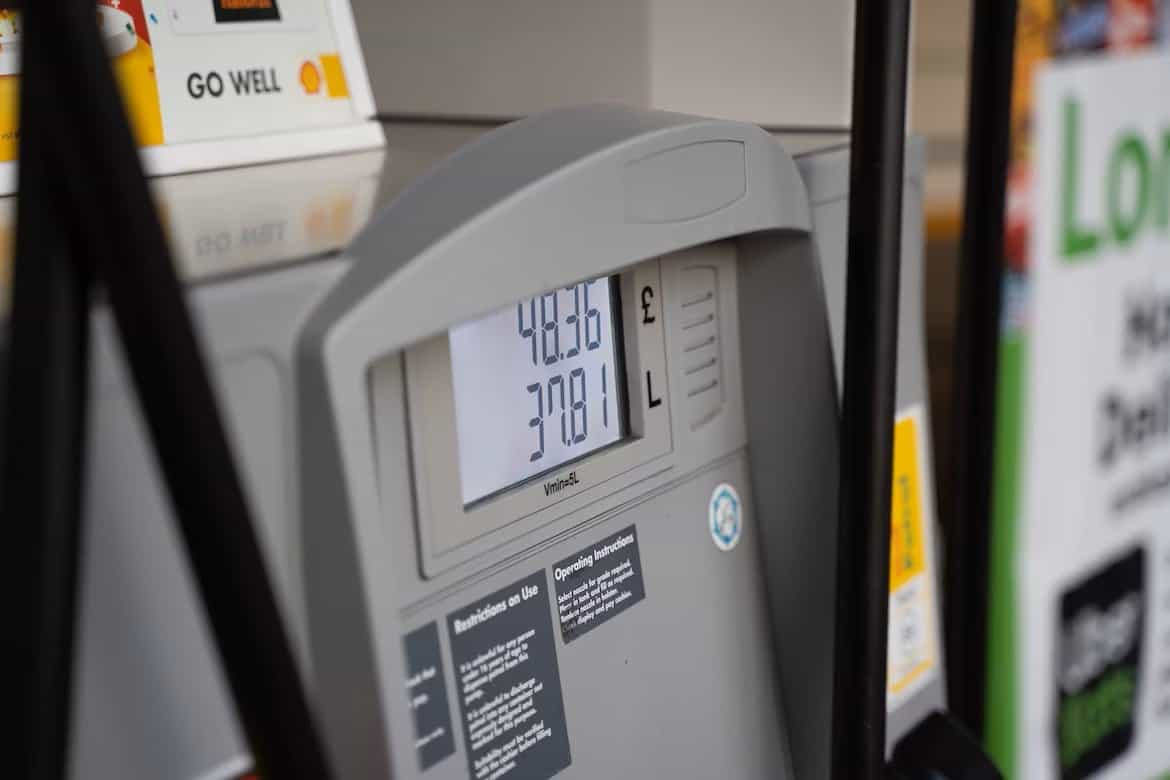
Due to technology playing a constant role in our daily lives, our personal information is constantly being collected and stored online. From social media accounts to online shopping, we leave a trail of data that can be accessed by companies, advertisers, and even hackers. But what happens when we want to remove that information and start fresh? Is it possible to erase your data online completely?
The short answer is no; it’s not entirely possible to completely erase all of your data online. However, there are steps you can take to minimize the amount of personal information that is available online.
Why It’s Difficult to Erase Your Data Online
The reason why it’s difficult to erase your data online is that the internet is vast and decentralized. Your data is likely stored on multiple servers and databases, and even if you delete it from one location, it may still exist elsewhere. Additionally, search engines and web crawlers constantly scan the internet, indexing and archiving websites and content. This means that even if you delete something from a website, it may still be accessible through web archives.
Another reason why it’s difficult to erase your data online is that companies and websites have different data retention policies. Some may delete your data immediately upon request, while others may keep it for a certain period of time or indefinitely. Additionally, data may be shared with third-party companies or stored on backup servers, making it even harder to completely erase.
Steps You Can Take to Minimize Your Online Data
While it may not be possible to completely erase your data online, there are steps you can take to minimize the amount of personal information that is available.
Run a Background Check On Yourself
Another way to see what personal information is available online is to run a background check on yourself. There are many online services that allow you to search for public records and personal information, such as criminal records, social media profiles, and contact information.
If you do a background check on yourself, you may correct any false or out-of-date information that may be floating around the internet. Your online identity and reputation can be better protected in this way.
It’s crucial to remember, though, that not every background check service is the same. It’s possible that some of them will either charge outrageous prices or provide inadequate or false information. Do your homework and select a reliable background check firm that uses up-to-date databases.
You can check your credit report and bank accounts for unusual behavior in addition to conducting a background check. When personal information is accessible online, identity theft and fraud become real threats, but you may take steps to protect yourself.
Delete Unused Accounts
The first step is to delete any unused accounts. Many of us have multiple social media or online shopping accounts that we no longer use but which still contain personal information. Go through your accounts and delete any that you no longer need.
Limit Your Online Presence
Reducing your internet footprint is another option for protecting your privacy online. Think before you publish, especially on public platforms like social media, and never give out sensitive information like your home address or phone number. Protect your online identity by controlling who can access your posts and profile.
Use a VPN
A virtual private network (VPN) is a tool that can help protect your online privacy by masking your IP address and encrypting your internet traffic. This can help prevent companies and hackers from tracking your online activity and collecting your personal information.
Clear Your Browser History and Cookies
Web browsers store information such as your browsing history and cookies, which can be used to track your online activity and collect personal information. Regularly clearing your browser history and cookies can help minimize the amount of data that is available.
Use Strong Passwords and 2FA
Using strong passwords and two-factor authentication can help prevent unauthorized access to your online accounts. This can help protect your personal information from being accessed by hackers or other malicious actors.
Request Data Deletion
Finally, you can request that companies delete your personal information from their databases. While this may not completely erase your data, it can help minimize the amount of personal information that is available. Be sure to read the company’s data retention policy and follow their specific instructions for requesting data deletion.
Conclusion
It’s important to be mindful of the personal information you share online and take steps to protect your online privacy. While it may be tempting to share personal information online for convenience or to connect with others, it’s important to consider the potential risks and take appropriate precautions.
Additionally, it’s important to stay informed about data privacy laws and regulations in your country or region. In many countries, individuals have the right to access and request the deletion of their personal information. By staying informed and exercising your rights, you can help protect your online privacy and minimize the amount of personal information that is available online.
In summary, while it may not be possible to completely erase your data online, there are steps you can take to minimize the amount of personal information that is available. By being mindful of your online presence, using tools such as VPNs, and requesting data deletion, you can help protect your online privacy and minimize the potential risks of sharing personal information online.




